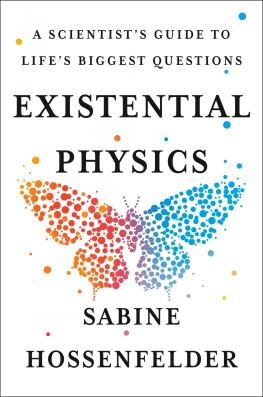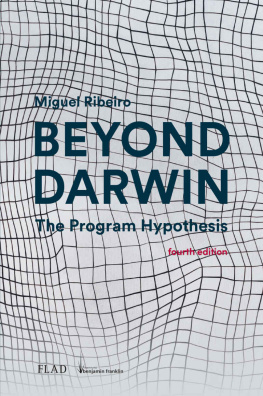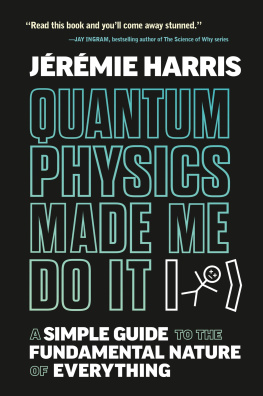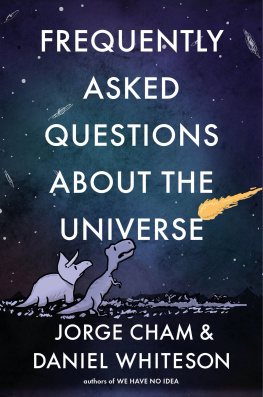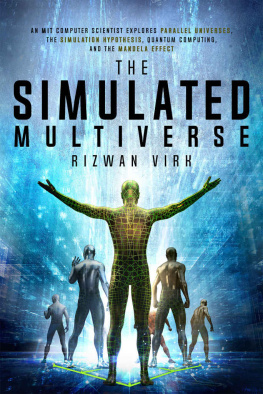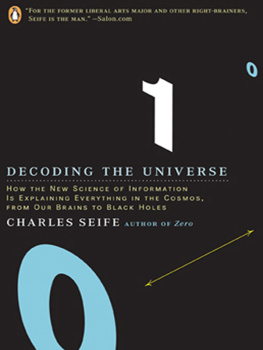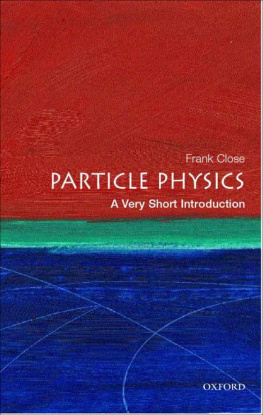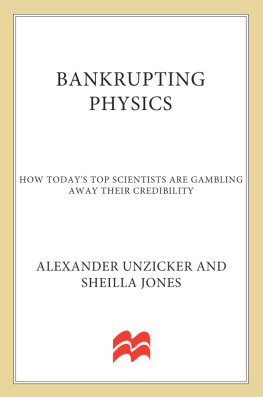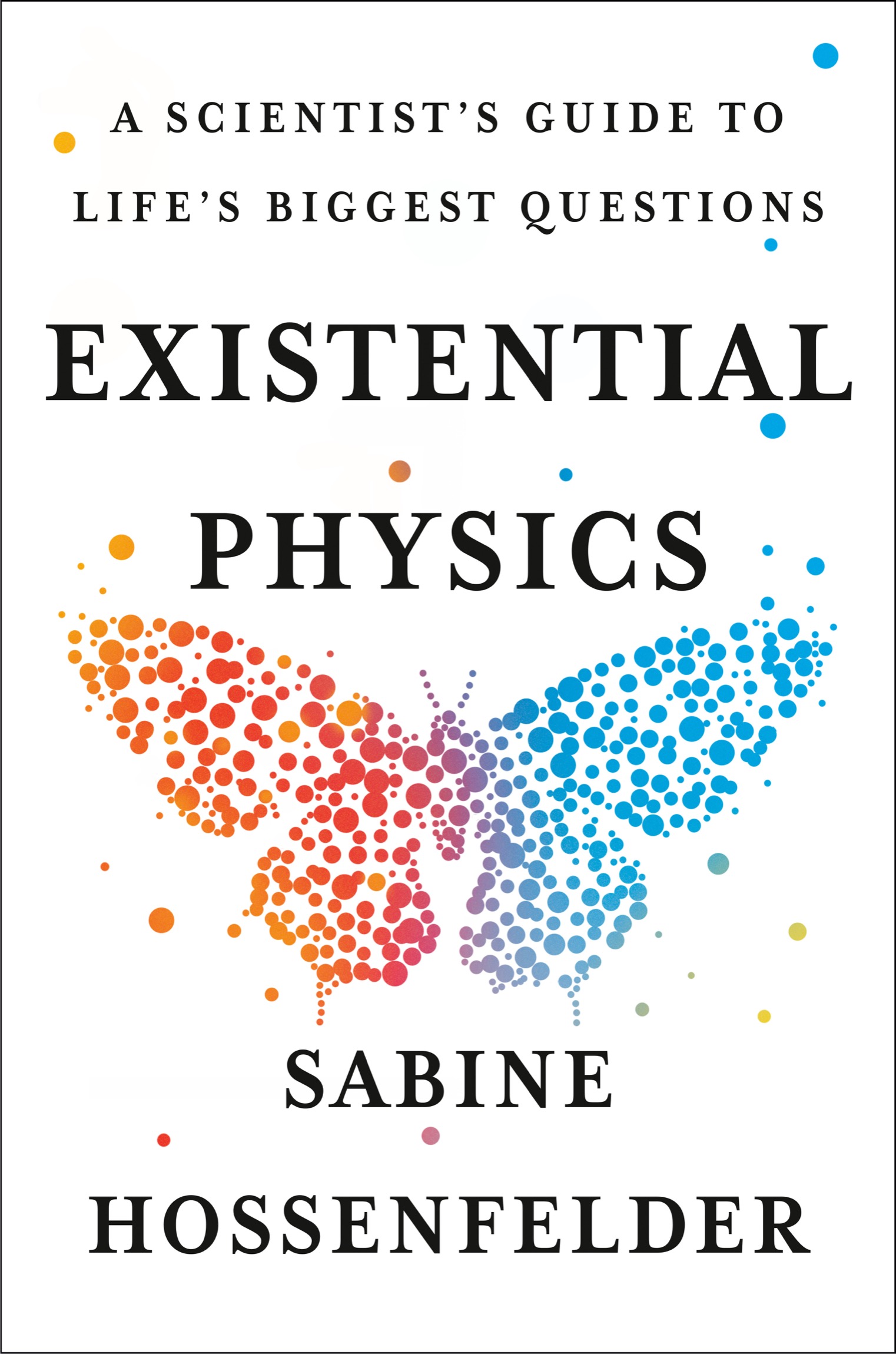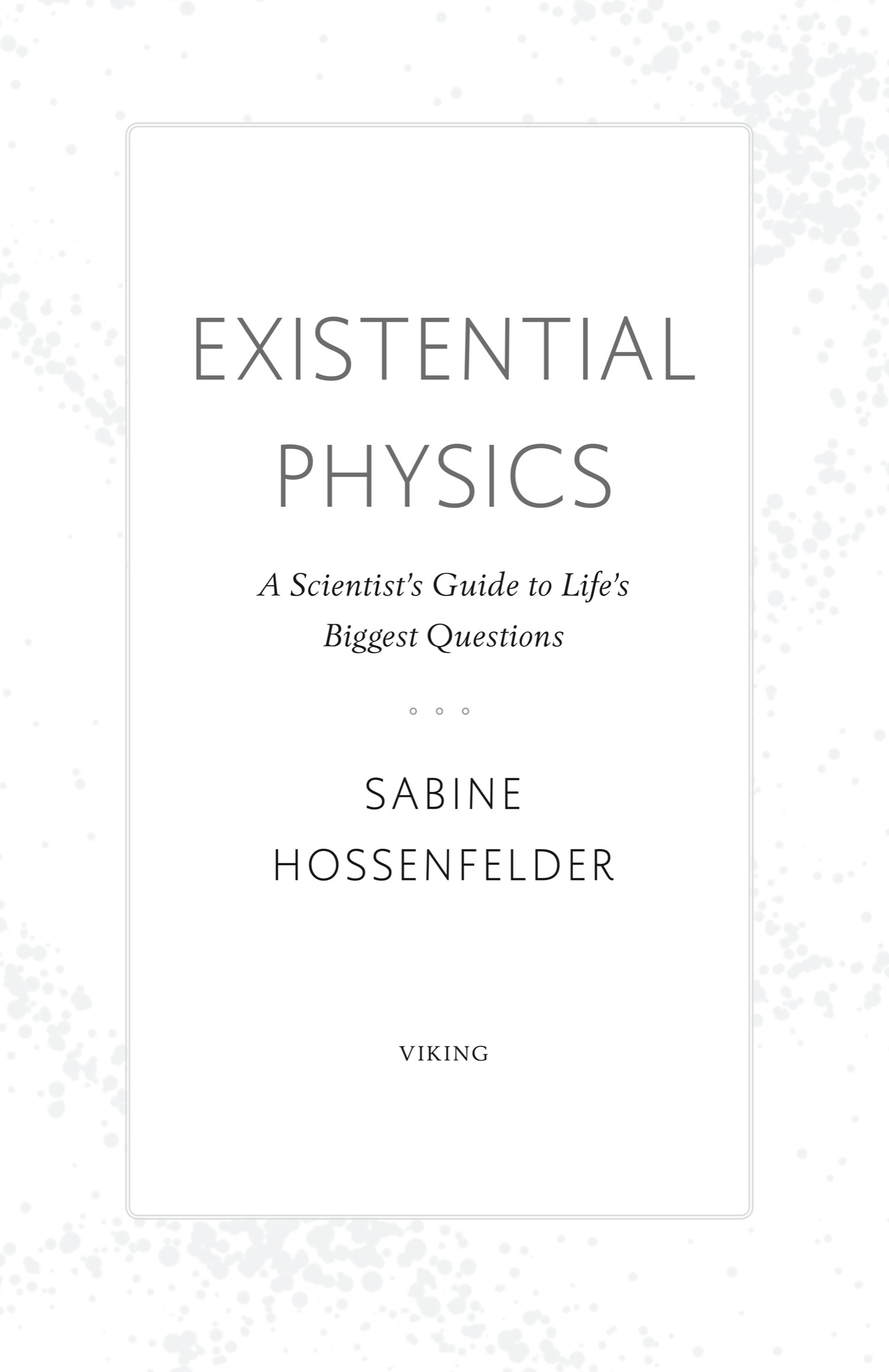Sabine Hossenfelder - Existential Physics: A Scientists Guide to Lifes Biggest Questions
Here you can read online Sabine Hossenfelder - Existential Physics: A Scientists Guide to Lifes Biggest Questions full text of the book (entire story) in english for free. Download pdf and epub, get meaning, cover and reviews about this ebook. year: 2022, publisher: Viking, genre: Art. Description of the work, (preface) as well as reviews are available. Best literature library LitArk.com created for fans of good reading and offers a wide selection of genres:
Romance novel
Science fiction
Adventure
Detective
Science
History
Home and family
Prose
Art
Politics
Computer
Non-fiction
Religion
Business
Children
Humor
Choose a favorite category and find really read worthwhile books. Enjoy immersion in the world of imagination, feel the emotions of the characters or learn something new for yourself, make an fascinating discovery.
- Book:Existential Physics: A Scientists Guide to Lifes Biggest Questions
- Author:
- Publisher:Viking
- Genre:
- Year:2022
- Rating:3 / 5
- Favourites:Add to favourites
- Your mark:
Existential Physics: A Scientists Guide to Lifes Biggest Questions: summary, description and annotation
We offer to read an annotation, description, summary or preface (depends on what the author of the book "Existential Physics: A Scientists Guide to Lifes Biggest Questions" wrote himself). If you haven't found the necessary information about the book — write in the comments, we will try to find it.
Hossenfelder is a rare gem. There are other theoretical physicists out there who can write for a popular audience, but very few of them are able to do so in such a no-nonsense way. The result is not just illuminating, but enjoyable. Charles Seife, author of Decoding the Universe
From renowned physicist and creator of the YouTube series Science without the Gobbledygook, a book that takes a no-nonsense approach to lifes biggest questions, and wrestles with what physics really says about the human condition
Not only can we not currently explain the origin of the universe, it is questionable we will ever be able to explain it. The notion that there are universes within particles, or that particles are conscious, is ascientific, as is the hypothesis that our universe is a computer simulation. On the other hand, the idea that the universe itself is conscious is difficult to rule out entirely.
According to Sabine Hossenfelder, it is not a coincidence that quantum entanglement and vacuum energy have become the go-to explanations of alternative healers, or that people believe their deceased grandmother is still alive because of quantum mechanics. Science and religion have the same roots, and they still tackle some of the same questions: Where do we come from? Where do we go to? How much can we know? The area of science that is closest to answering these questions is physics. Over the last century, physicists have learned a lot about which spiritual ideas are still compatible with the laws of nature. Not always, though, have they stayed on the scientific side of the debate.
In this lively, thought-provoking book, Hossenfelder takes on the biggest questions in physics: Does the past still exist? Do particles think? Was the universe made for us? Has physics ruled out free will? Will we ever have a theory of everything? She lays out how far physicists are on the way to answering these questions, where the current limits are, and what questions might well remain unanswerable forever. Her book offers a no-nonsense yet entertaining take on some of the toughest riddles in existence, and will give the reader a solid grasp on what we knowand what we dont know.
Sabine Hossenfelder: author's other books
Who wrote Existential Physics: A Scientists Guide to Lifes Biggest Questions? Find out the surname, the name of the author of the book and a list of all author's works by series.

